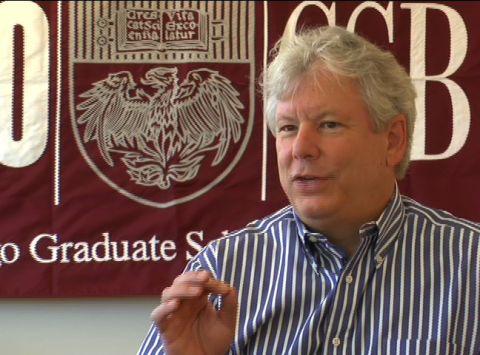You know things are bad when a liberal organization loses the journalists. On Friday, the Washington Times reported that the dovish “pro-Israel” group J Street had taken hundreds of thousands of dollars from controversial liberal philanthropist George Soros, after the organization had denied for years that Soros was a donor. But instead of ‘fessing up immediately to its true funding sources, a panicked J Street public relations team kept misleading the media in the hours before the Washington Times story broke – and appeared to anger some formerly-sympathetic reporters along the way. “A set of half-truths, non-truths and ambiguities from J Street lead a reasonable person to conclude that the group tried to conceal that George Soros has been one of its largest donors for years, and to falsely claim that it had been ‘open’ about those donations over the past three years,” wrote The Atlantic reporter Chris Good on Friday, noting that J Street officials had lied to him earlier that day. Aware that the Washington Times story was about to be published, J Street had contacted The Atlantic’s Good on Friday morning and offered him an exclusive on the group’s growing “fundraising momentum.” A spokesperson for J Street told Good that the group accepted donations from Soros, and that it had always been open about this source of funding. Good initially wrote a favorable article on the organization’s uptick in donations, but after reading the Washington Times story he issued a massive correction and admitted that J Street had misled him that very morning. “J Street also seemed to distort the fact that it received a large contribution from a donor in Hong Kong. Some of this happened on the phone with me earlier today,” Good wrote. Veteran liberal reporter James Besser, who is one of the most influential and well-respected journalists in Jewish media, also had some harsh criticism for the organization. “I was one of the many journalists who asked [J Street] the question [about Soros funding] – and received in return something significantly less than the truth. Okay, it was a lie,” wrote Besser in a stinging rebuke of J Street in The Jewish Week. “[T]here’s no way this doesn’t sow mistrust among commentators and reporters who write and speak about J Street, and who were repeatedly misled by its officials. J Street sought to create a climate of trust with a press corps that was being spun heavily by its opponents; this news undoes a lot of that effort.” The Jewish Telegraphic Agency’s Washington bureau chief Ron Kampeas, who regularly covers J Street, also echoed Besser’s critique. “On J Street, Jim Besser said it,” wrote Kampeas on his blog. “Sometimes, you wanna write something, but someone else says it just right.” J Street publicly denied to the media for years that it received money from Soros, who is a vocal anti-Zionist and a controversial figure in the Jewish community. J Street calls itself a grassroots “pro-Israel, pro-peace” organization that is funded by small donors in the Jewish community, though opponents have long claimed the group was tied to Soros and criticized it as anti-Israel. “We got tagged as having [Soros’] support without the benefit of actually getting funded!” J Street’s director Jeremy Ben-Ami told Moment magazine last March. In May, 2009, the Associated Press reported that “Ben-Ami says liberal philanthropist George Soros attended a 2006 meeting where ideas for such a group were discussed but bowed out immediately, worried his involvement would draw criticism.” And in a Jerusalem Post interview with Ben-Ami in April, 2009, Ruthie Blum Leibowitz reported that one of J Street’s “initial ideological supporters, George Soros, apparently backed out because he thought his reputation as a bankroller for groups that blame Israel and the US for the world’s ills might not be helpful to this particular organization.” On J Street’s own website, a section clarifying “Myths and Facts” about the group claimed that “George Soros very publicly stated his decision not to be engaged in J Street when it was launched – precisely out of fear that his involvement would be used against the organization…J Street’s Executive Director has stated many times that he would in fact be very pleased to have funding from Mr. Soros and the offer remains open to him to be a funder should he wish to support the effort.” The section, which was written in 2008, implied that Soros was not a donor. In a Huffington Post column on Saturday, Ben-Ami admitted that his group has taken money from Soros since Fall 2008.

Excerpt from:
Journos Slam Liberal ‘Pro-Israel’ Group for Lying About Soros Money

























